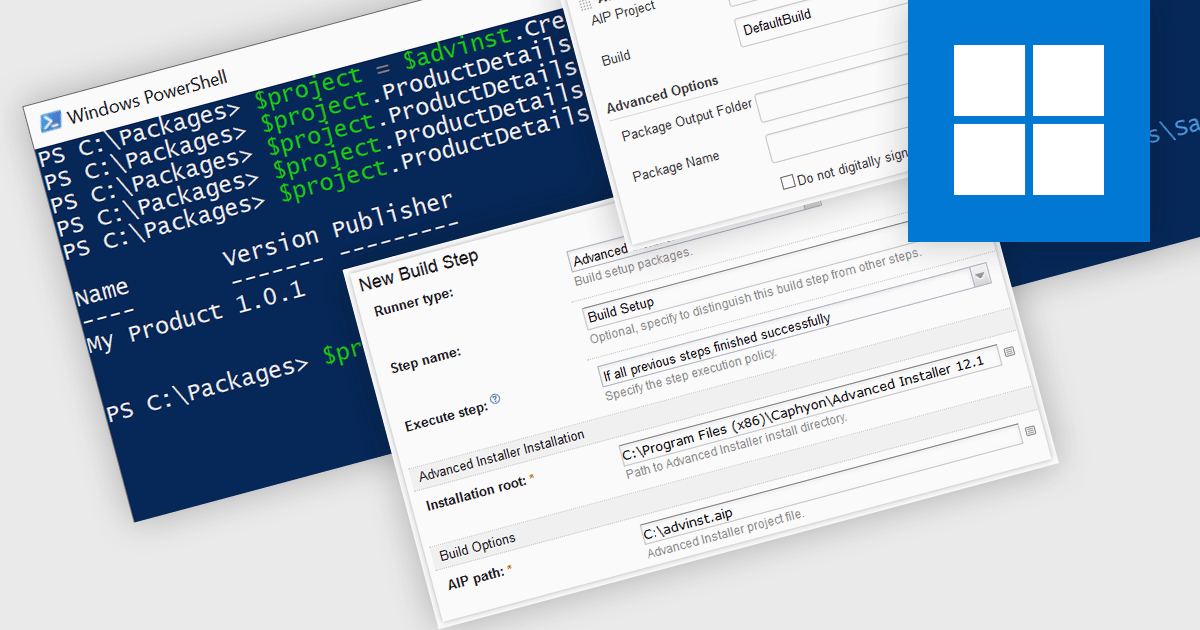Official Supplier
As official and authorized distributors, we supply you with legitimate licenses directly from 200+ software publishers.
See all our Brands.

Continuous Integration (CI) in installation tools refers to the practice of automatically building, testing, and packaging software installations as part of a continuous integration pipeline, ensuring that setup processes are always in sync with code changes. It enables development teams to detect installation-related issues early by integrating tools like Azure DevOps, Jenkins, or TeamCity to automate the generation and validation of installers whenever the codebase is updated. This approach minimizes manual errors, accelerates release cycles, and maintains a consistent and reliable deployment process, aligning the installer with every version of the application throughout development.
Several Installation Tools offer Continuous Integration including:
For an in-depth analysis of features and price, visit our comparison of Installation Tools.